NT schools in crisis: The school for kids that the rest of the world forgot
Five hours out of Alice Springs in the shadow Uluru, Mike Tucker steps out of his office demountable. In half an hour, he’ll be the Nyangatjatjara College principal, but his first job of the day is bus driver.
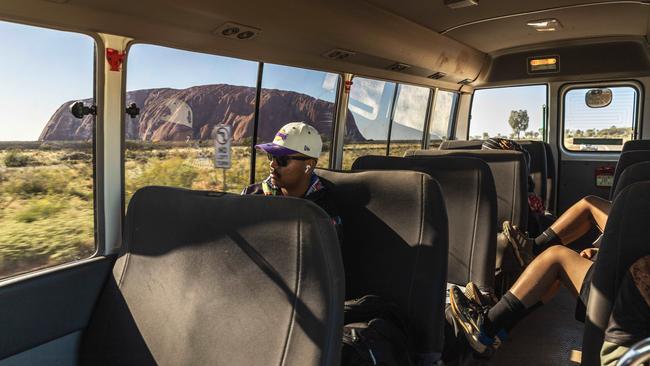
Five hours out of Alice Springs on the outskirts of the Uluru-Kata Tjuta National Park, Mike Tucker steps out of his office demountable and zips his jacket against the late-August chill. In half an hour, he’ll be the Nyangatjatjara College principal, but his first job of the day is bus driver.
As the bus ambles around the hulking beauty of Uluru, Mr Tucker says they “don’t feel too close to the government” here. The public school system provides no secondary education south of Alice Springs. Nyangatjatjara College, an independent school, is the only secondary education provider, catering to four communities, Yulara, Imanpa, Docker River and Mutitjulu, across 500km.
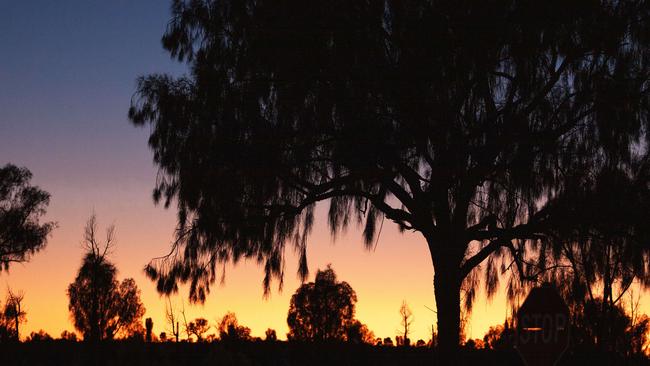
Mr Tucker drives the 20-minute route to his first stop, Mutitjulu, at the foot of Uluru. As he pulls into the small community, he rolls down his window to yell at barking camp dogs – desensitised to his horn – to get off the road. He travels past “Rangerville”, where rangers and other non-Indigenous workers live, towards a collection of houses around a basketball court.
A young boy runs over, eager to tell Mr Tucker he “went out bush yesterday”; his twin brother follows, slowly. “The ladies were digging to find honey ants,” the boy chirps as he boards the bus, promising he didn’t make his grandmother do all the work.
Although having an independent school means students can stay on country longer, if they want to complete year 12, they must go to boarding school. The college can teach only up to year 10 “mainstream standards”.
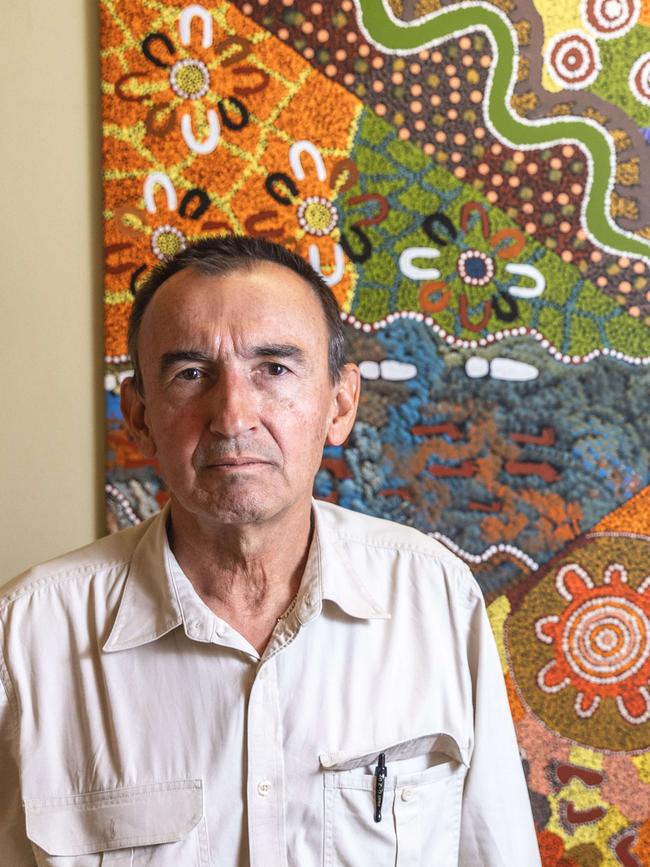
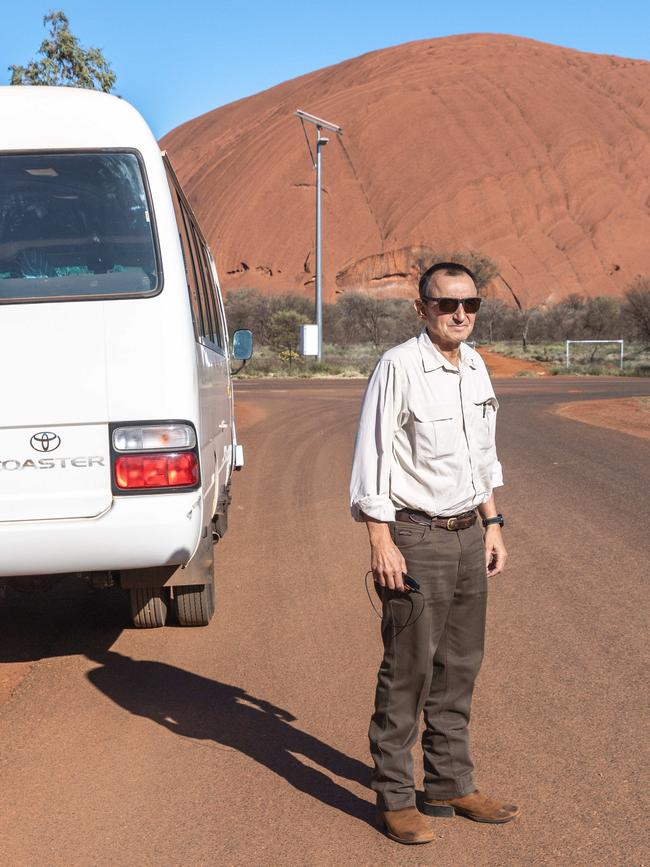
Mr Tucker says it takes a careful 12-month process at Nyangatjatjara College to prepare students for boarding school, as the environment is “very, very different to a community … It’s important to select the right boarding school and make sure support is there because ultimately we want success for our kids.”
Mr Tucker says it’s part of Nyangatjatjara’s mission to get students as job-ready as possible by helping them get white cards, training certificates and drivers’ licences, but they face challenges regardless. “For years we’ve said ‘Go to school, you’ll get a job’. That might work in mainstream, but it doesn’t work in community, because there just aren’t jobs.”
When the bus pulls up outside the school, the students head towards a dining hall, where a breakfast of Vegemite toast await them.
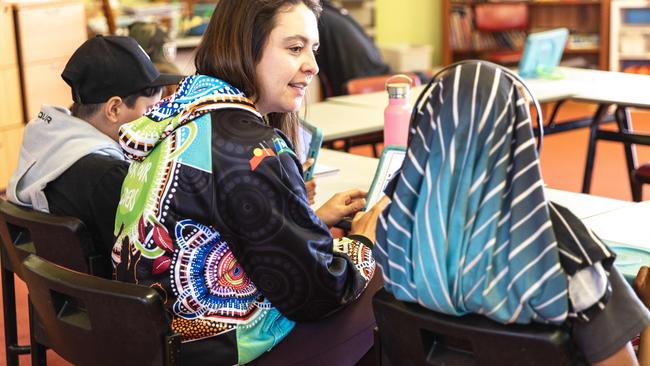
Mr Tucker says barriers the students face are “massive”. They are among the “most disadvantaged kids in Australia”, and the breakfast and lunch programs are part of what encourages them to come to school. “It’s really important they know coming to school is a good thing and safe,” he says.

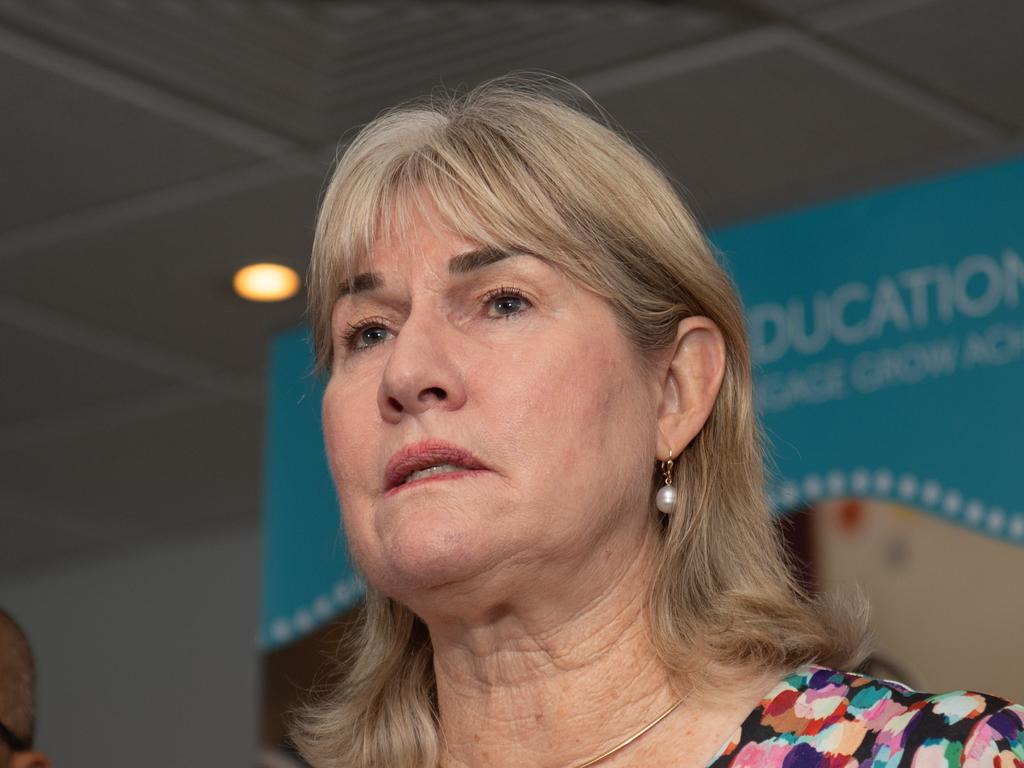
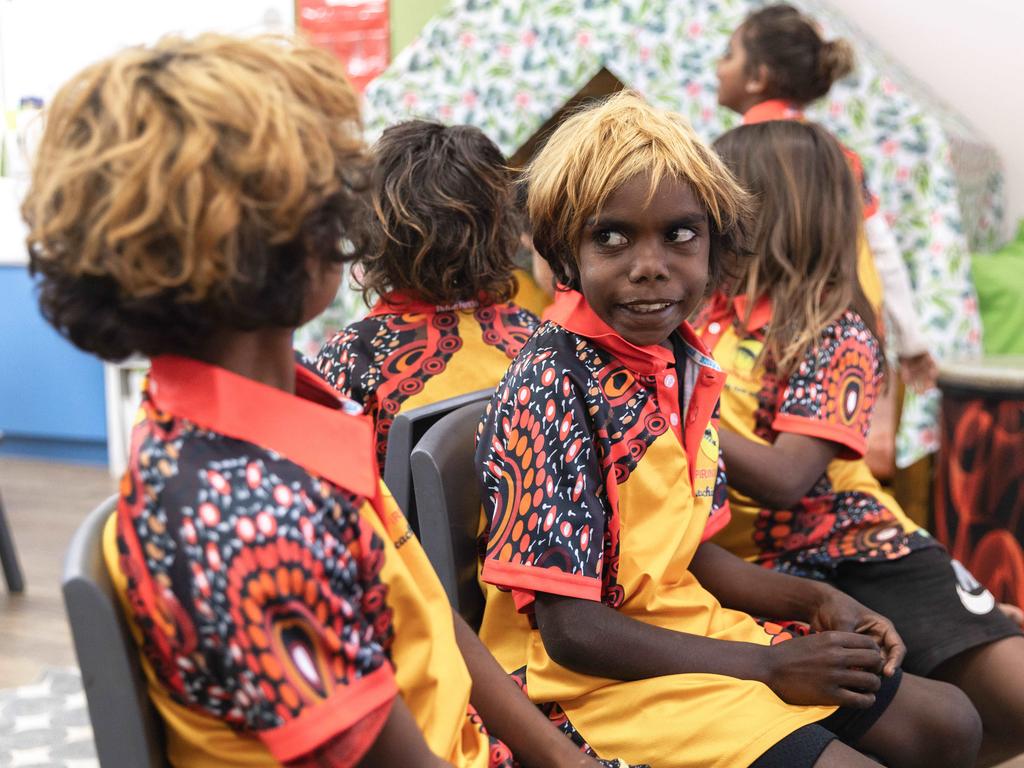
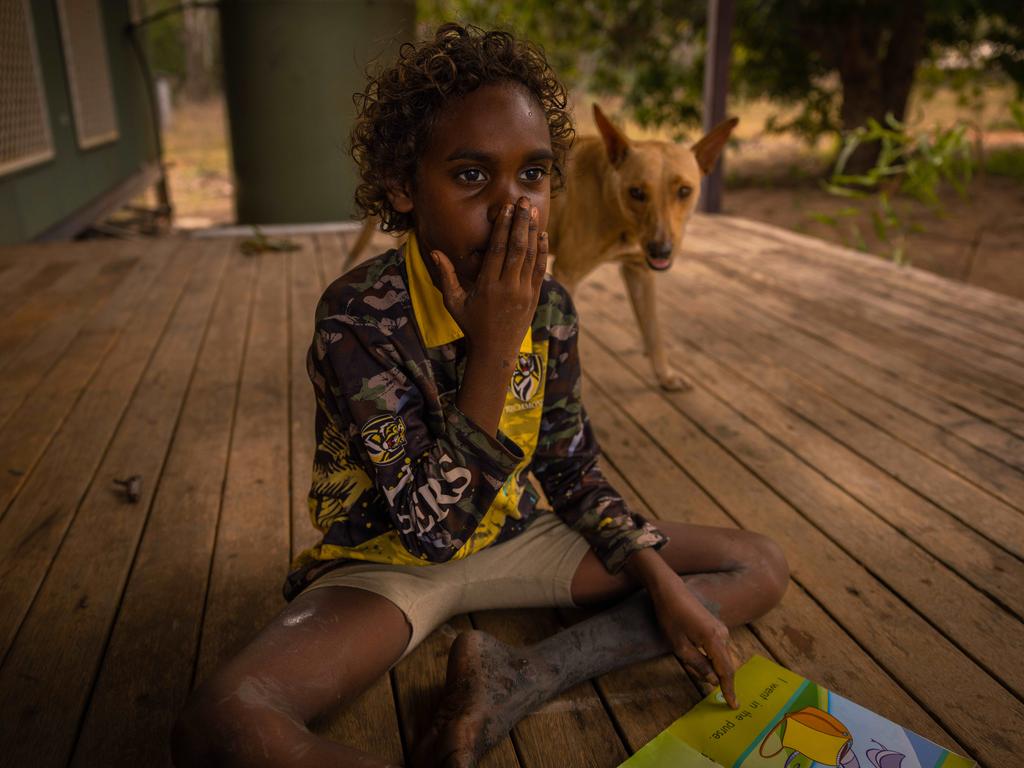
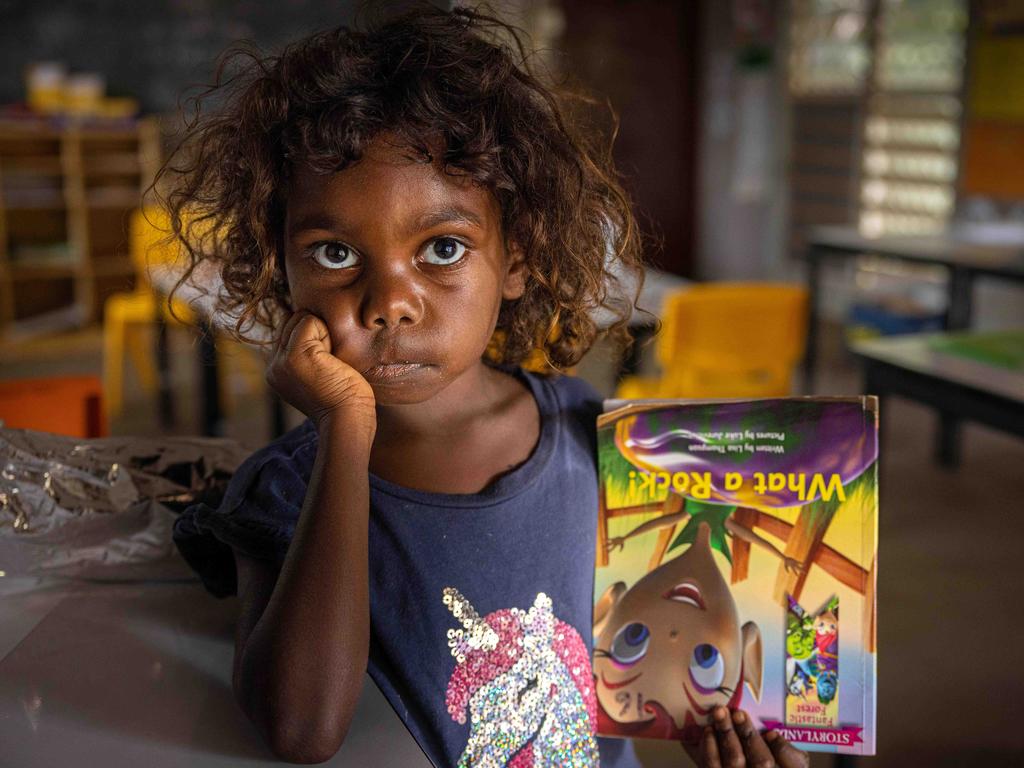


To join the conversation, please log in. Don't have an account? Register
Join the conversation, you are commenting as Logout